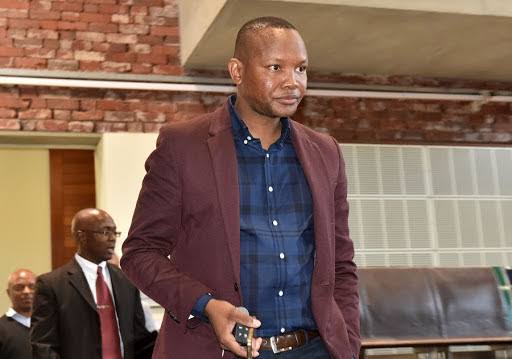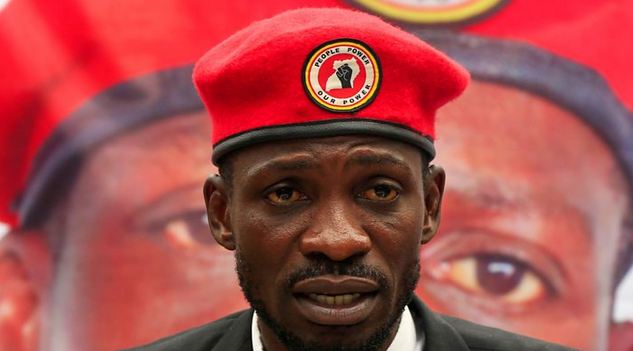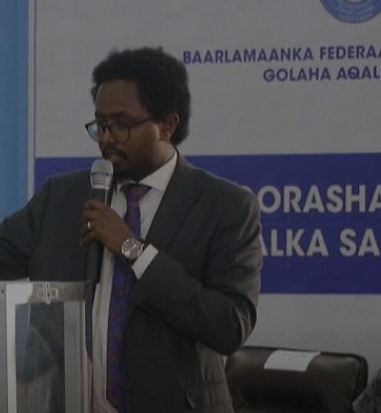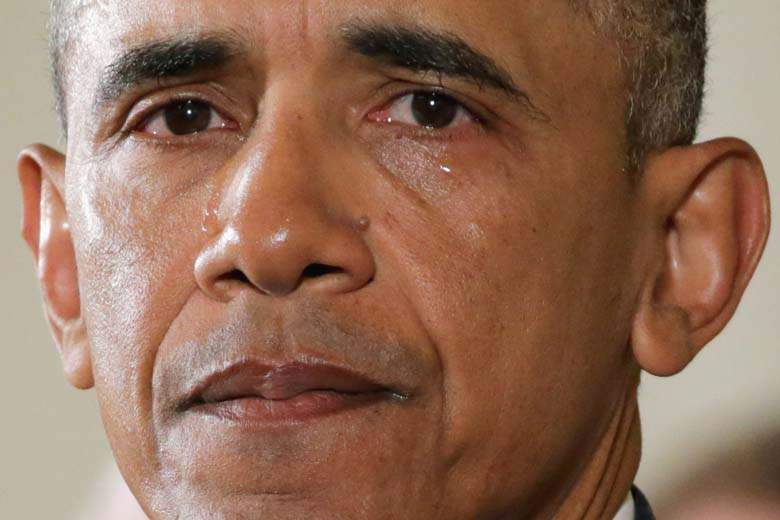The inventor of Vodacom’s “Please Call Me” offering, Nkosana Makate, is back in court this week for a review hearing of the R47 million in compensation for coming up with the concept. The amount offered was calculated by Vodacom CEO Shameel Joosub. Makate is not satisfied and is demanding billions from the cellular giant.
The Gauteng High Court in Pretoria will hear from both sides over three days, hopefully reaching a conclusion to the 20-year-old saga.
On day one, Makate’s legal team presented possible remedies to the presiding judge, Judge Wendy Hughes.
Gilbert Marcus, SC, representing Makate, said they had arrived at the conclusion that substitution would be an acceptable remedy.
Marcus told Fin24 that this would mean the court would ultimately be the decision maker when it came to determining the compensation amount, and not Joosub.
“So instead of sending the matter back to the CEO for a new determination, we are asking that the court make the determination,” Marcus explained.
Exceptional circumstances
A substitution order is typically granted in exceptional circumstances.
In court, Marcus said: “Our attempts to persuade your ladyship to give a remedy of substitution is exceptional and we think the test of exceptional circumstances is met in this case.”
Marcus said there were three points which make Makate’s circumstance exceptional. The first being the “sheer history, duration of the matter and the need for the matter to be brought to finality”; secondly, the “conflict of interest that arises when one party enjoys decision-making power”; and thirdly, “the manner in which Vodacom and the CEO have conducted themselves in these very proceedings”.
‘Unfortunate history’
“The history is an unfortunate history, and the saga has now been going on for more than 20 years and what we see at every turn including in these proceedings is an unstinting endeavour by Vodacom either to deprive Mr Makate as they did at trial to any entitlement at all, or as we saw in the negotiations with the CEO, to leave him with the absolute minimum possible,” said Marcus speaking to the first point.
In 2016, the Constitutional Court made a ruling where Vodacom was ordered to enter into negotiations with Makate to find a fair compensation. Joosub offered Makate the R47 million, but Makate is accusing the company of not being fully transparent in its negotiations with him. Further, he said the compensation offered was not enough. He is demanding more than R10 billion.
“Secondly, where one of the parties enjoys decision-making power, there is an inevitable conflict of interest and so it is with the CEO in this particular case. And while we accept that that conflict of interest is a consequence of the perhaps naive deal which Mr Makate struck with Vodacom.
‘Inappropriate’ to let Joosub decide
“Thirdly, is the manner in which Vodacom and the CEO have conducted themselves in these very proceedings. We submit that it would be inappropriate to send this matter back to the very person who has shown this level of determination to defend the indefensible. For that we submit respectfully that substitution is appropriate,” said Marcus.
“If the matter is remitted, then your ladyship would do so with very strict guidelines as to the manner in which the CEO is required to exercise his powers. For example, the duration for which Mr Makate is entitled to a reasonable remuneration is 18 years that he is entitled to interest. The proper thing to do would be to give the CEO guidelines,” said Marcus.
It was agreed that Makate was owed 5% of the proceeds generated from his invention, the current disagreement lies in what constitutes revenue generated from the invention. The day’s session ended with Vodacom trying to explain how the invention generated no revenue.
The hearing continues for two more days until Thursday.




